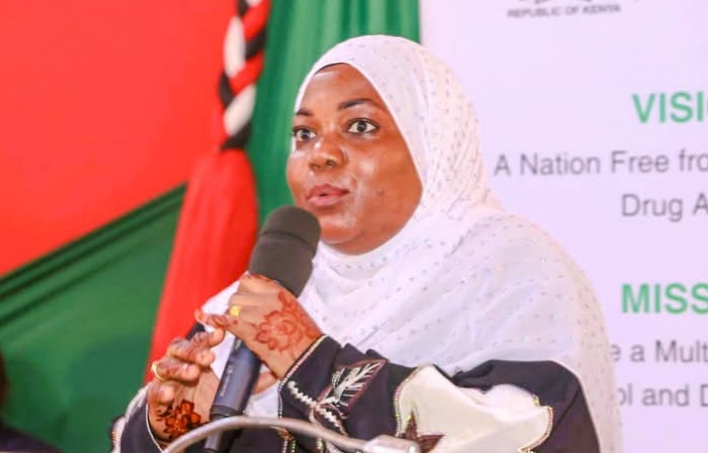The Kwale County Government has taken a significant step towards modernizing revenue collection by introducing a digital revenue management system (RMS).
Countries are increasingly automating their revenue management processes to generate adequate revenues that can sustain their administrative and development obligations to the citizens, which currently cannot be met by the fiscal transfers from the national government.
This initiative aims to simplify the payment of business licenses, land rates, and other county charges to cashless making the process more efficient and convenient for residents.
Kwale Governor Fatuma Achani says that the digitalization of the revenue collection in the county will not only ease the burden for the business owners but also boost the county economy through the business charges.
"For many years, businesspeople and landowners in Kwale faced the challenge of traveling long distances to the county headquarters in Kwale town to pay fees and obtain permits. This often resulted in lost business hours and frustration due to system failures and long queues, but with the new system, our business owners will be relieved," said Achani.
Achani added that the new system collects payments for business licenses, market stall rents, parking fees, Land rates, sand and mineral extraction permits, among others.
"The digital system has registered about 14,000 businesspeople who now enjoy easier payments and reduced travel through the pay bill number 338500," she said.
The coastal county boss says by automating revenue collection systems seeks to improve efficiency, reduce fraud, and increase accountability.
In the past Kwale has partnered with Safaricom to roll out cashless payments for its 800,000 citizens.
The partnership has seen the county accept payment for all services it offers including market fees, cess collection, and parking levies through M-PESA.
Kwale County Revenue clerk Fauzia Mwaiwe says that the Revenue Management System allows business owners to check on their business and land fee pending through the System portal.
"The old system required business owners to travel all the way from Shimba Hills, Lukore, Samburu and other areas to Kwale to make payments for their business permits and land rates, which was tiresome, expensive and time-wasting," said Mwaiwe.
To make the system more efficient for residents, Kwale County has devolved the revenue management to the subcounty level, including Matuga, Kinango, Samburu and Lungalunga.
Robert Nguma, Kwale County Information and Technology officer explains how the system works.
“For a client in Kwale County or anywhere in Kenya, they simply should type ‘Kwale pay’ on Google, click Kwale E-pay, fill in the form, and gain access to the system,” he said.
Bakari Menza, a businessman from the county, recalls the difficulties he faced during the process of accessing business services.
"I used to have a lot of trouble when paying for the business permit, it was a journey all the way to Kwale. When you get there, you find the place overcrowded because people from the entire county are waiting for similar services," he said.
Zuhura Mohammed, a landowner and Bint Rashid a local businesses trader expressed their gratitude to the Kwale County Government, stating that the advancement of the revenue system has helped them maximize their business profits.
"We thank Governor Achani for making our work easier. Now my business is doing well because once you pay, your receipt is sent to your email without having to go to the office," said Binti Rashid.
The digital revenue management system marks a new era in Kwale’s business environment, enhancing transparency, convenience, and economic growth across the county.







